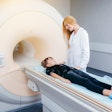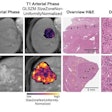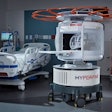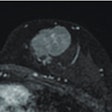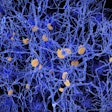Using diffusion-tensor MRI (DTI-MRI), researchers at Georgetown University Medical Center have found evidence that veterans who suffer from Gulf War illness have physical changes in their brains not seen in unaffected individuals, according to a study published online March 20 in PLOS One.
The study compared DTI-MRI brain scans of 31 veterans with Gulf War illness to 20 control subjects. The researchers found anomalies in the veterans in the bundles of nerve fibers that connect brain areas involved in the processing and perception of pain and fatigue.
The findings could provide insight into the medical symptoms reported by more than 25% of the 697,000 veterans deployed to the 1990-1991 Persian Gulf War. The symptoms of Gulf War illness can include widespread pain, fatigue, and headache, as well as cognitive and gastrointestinal dysfunction.
For the study, lead author Rakib Rayhan and colleagues used DTI-MRI to examine patterns of water diffusion in the brain to look for changes in white-matter integrity. Although preliminary, "the changes appear distinct from multiple sclerosis, major depression, Alzheimer's disease, and other neurodegenerative diseases," Rayhan noted in a statement about the study.

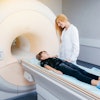
.fFmgij6Hin.png?auto=compress%2Cformat&fit=crop&h=100&q=70&w=100)


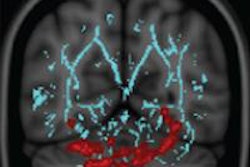
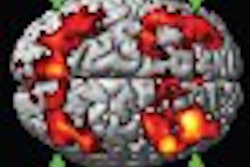
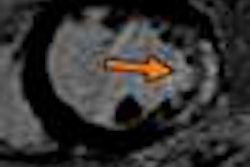
.fFmgij6Hin.png?auto=compress%2Cformat&fit=crop&h=167&q=70&w=250)
